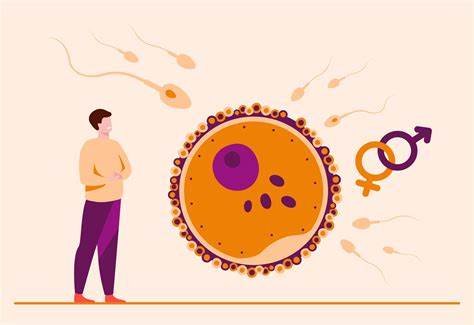Male infertility is often subtle, with many men not noticing any obvious symptoms. However, certain signs and symptoms can indicate underlying fertility issues. Understanding these signs is crucial for identifying infertility early and seeking the appropriate treatment.
1. Difficulty Conceiving
The most common and significant sign of male infertility is the inability to conceive after trying for an extended period (typically a year or more) without success. If a couple is struggling to get pregnant despite regular, unprotected intercourse, male infertility could be a contributing factor.
2. Changes in Sexual Function
Infertility can sometimes be linked to issues with sexual function. Men with infertility may experience:
- Erectile Dysfunction (ED): Difficulty achieving or maintaining an erection can indicate hormonal imbalances or other health conditions that affect fertility.
- Low Libido: A decreased interest in sex can result from hormonal issues, stress, or other physical conditions affecting reproductive health.
3. Pain or Swelling in the Testicles
Pain or swelling in the testicular area can indicate a condition like a varicocele (enlarged veins in the scrotum) or an infection. These issues can affect sperm production and quality, leading to infertility.
4. Abnormal Ejaculation
Ejaculatory problems, such as reduced semen volume or painful ejaculation, may be signs of male infertility. In some cases, retrograde ejaculation (semen entering the bladder instead of exiting the body) can occur, which can prevent conception.
5. Hormonal Imbalances
Hormonal imbalances can lead to various symptoms, including:
- Reduced facial or body hair
- Gynecomastia (enlarged breast tissue)
- Changes in skin texture (e.g., increased acne)
These hormonal shifts may interfere with sperm production, contributing to infertility.
6. Genetic Conditions
In some cases, male infertility may be linked to genetic factors. Men with inherited disorders, such as Klinefelter syndrome (extra X chromosome) or Cystic Fibrosis, may experience fertility issues as a result of chromosomal abnormalities.
7. Low Sperm Count or Poor Sperm Quality
In some instances, a semen analysis can reveal low sperm count (oligospermia), poor sperm motility (slow-moving sperm), or abnormal sperm shape (teratospermia). These issues affect the sperm’s ability to fertilize an egg, leading to infertility.
8. Small Testicles
Abnormally small testicles may indicate a problem with sperm production. This can be caused by genetic conditions or hormonal imbalances.
9. Frequent Respiratory Infections
Men who experience frequent respiratory infections may have a condition like cystic fibrosis, which can block the vas deferens (the tube that carries sperm), leading to infertility.
10. History of Testicular or Pelvic Injuries
Testicular trauma or pelvic surgery may lead to long-term damage that affects sperm production or delivery, resulting in infertility.
11. Obesity
Excessive weight can negatively impact hormone levels, sperm production, and overall reproductive health. Obesity is linked to lower testosterone levels and an increased risk of infertility.
When to Seek Medical Help
If any of these symptoms are noticed, it’s essential to consult a urologist or fertility specialist. An early diagnosis of male infertility can help guide treatment options, increasing the chances of conception.










